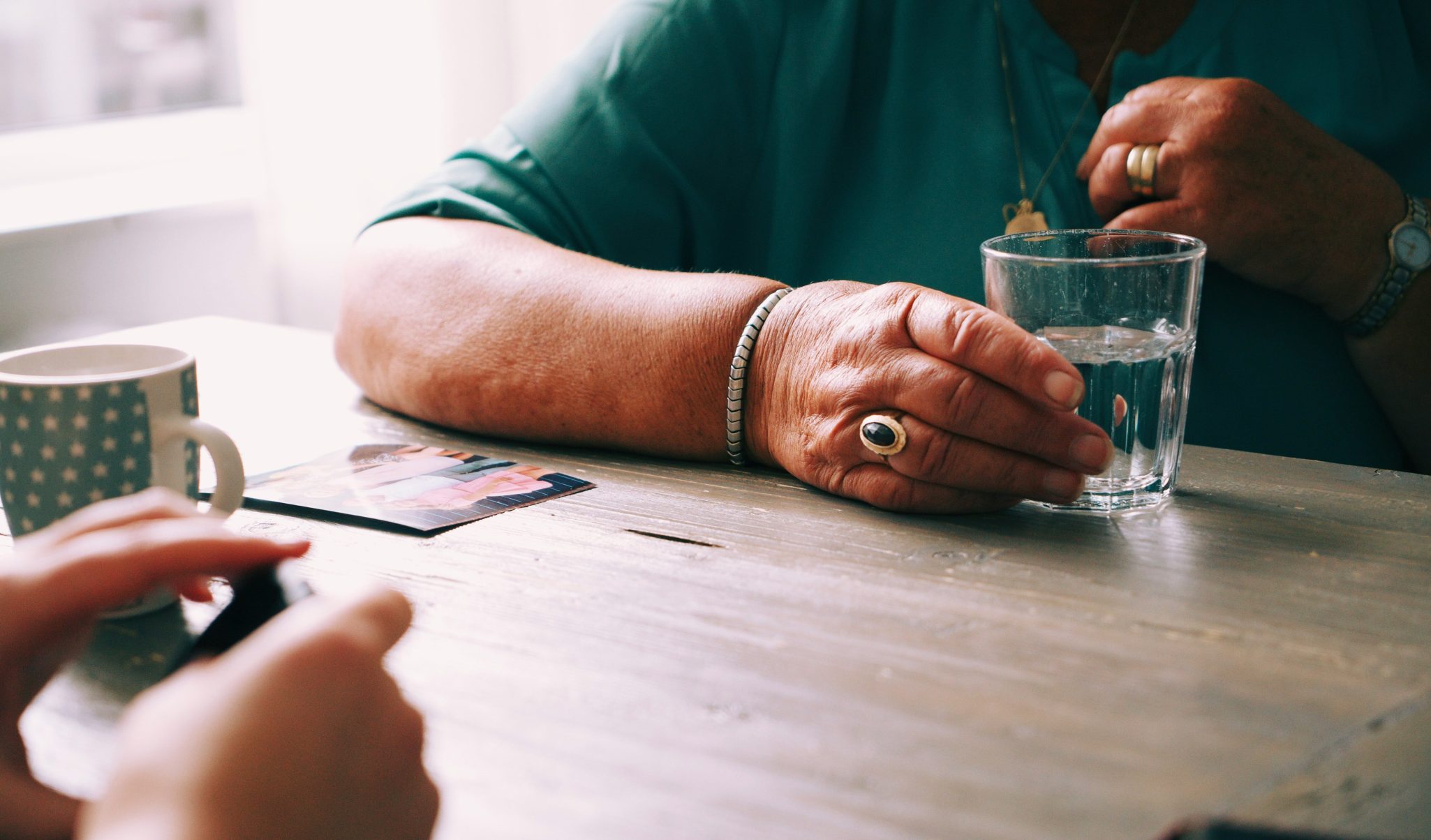Why staying hydrated is critical to overall health and wellness
March 26, 2024
We’ve all heard that you’re supposed to drink eight glasses of water each day. The human body is 60% water, so it makes sense that we should stay hydrated. Keeping track of how much you drink is just one of many tips for staying hydrated, but there’s more to understanding the health benefits of hydration than counting glasses.
What does water do for the body?
Water is one of the first building materials for the very cells that make up our body. It acts as a cushion for the brain and a lubricant for our joints. It regulates our body temperature and helps flush waste out of our bodies. It even helps metabolize and transport nutrients as part of the blood stream. It may be easier to ask what water doesn’t do.
What are the risks of dehydration?
Dehydration happens when you use or lose more liquid than you consume. Over time, body composition changes, leaving older adults with less water in their bodies. In addition, appetite and thirst typically diminish with age. That means, when it comes to hydration and aging, it’s easier for seniors to become dehydrated if they aren’t paying attention.
Symptoms of dehydration are also some of the risks. While dark-colored urine and a dry mouth are early signs that aren’t too inconvenient, fatigue, weakness, irritability, dizziness, and headaches can cause greater issues. Dizziness and weakness could even lead to falls, which can mean more serious health risks in the future. Hydration and cognitive function also go together, as dehydration can cause confusion and a decrease in mental capacity. If the symptoms aren’t bad enough, dehydration can lead to urinary tract infections, heat stroke, heart problems, kidney failure, and even complications related to blood clots.
How to stay hydrated
You may think, okay, I’ll just drink my eight glasses and call it a day. While that’s not a bad place to start, you may need more, or less, water, depending on your activity levels, medications, weight, and other health factors. In general, men need about 15.5 (124 ounces) cups of water a day while women need about 11.5 cups (92 ounces). Because your needs are unique, it’s best to consult with your doctor on what the best amount is for you. Whatever your goal, here are some tips to help you reach it:
- Carry a refillable water bottle that has the ounces measured on it
- Eat foods with a high water content, like fruit in the summer or soups in the winter
- Set reminder throughout the day for when to hydrate
- Limit caffeinated, sugary, and alcoholic beverages
Get personalized care at FellowshipLIFE
FellowshipLIFE communities offer personalized wellness services designed for proactive care. Our communities can help you stay healthy through amazing nutrition options and doctors and clinicians who will get to know your needs. Contact us today to learn more about medical services and to see if FellowshipLIFE is the right home for you.




